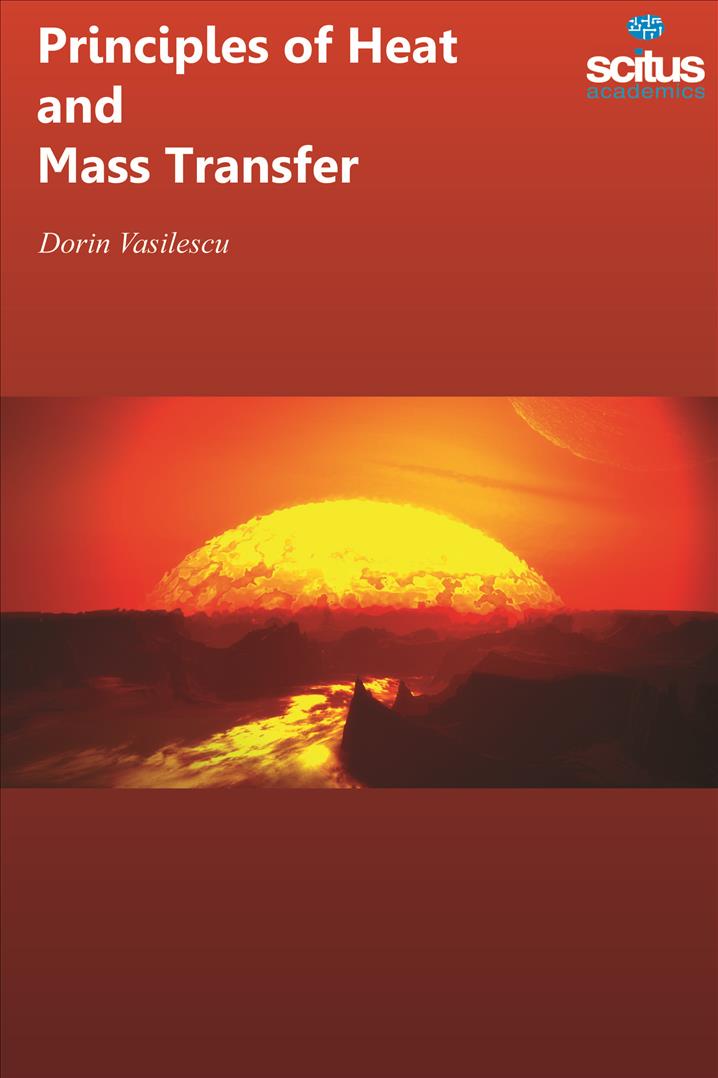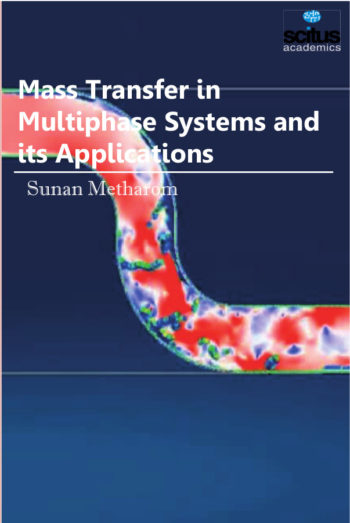The subject of mass transfer studies the relative motion of some chemical species with respect to others, driven by concentration gradients. Fluid flow without mass transfer is not part of the mass transfer field but of fluid mechanics. Heat transfer and mass transfer are kinetic processes that may occur and be studied separately or jointly. Studying them apart is simpler, but it is most convenient to realise that both processes are modelled by similar mathematical equations in the case of diffusion and convection, and it is thus more efficient to consider them jointly. On the other hand, the subject of mass transfer is directly linked to fluid mechanics, where the single component fluid-flow is studied, but the approach usually followed is more similar to that used in heat transfer, where fluid flow is mainly a boundary condition empirically modelled; thus, the teaching of mass transfer traditionally follows and builds upon that of heat transfer. Heat transfer, mass transfer, and momentum transfer, are often jointly considered as a new discipline.
Applications of mass transfer include the dispersion of contaminants, drying and humidifying, segregation and doping in materials, vaporisation and condensation in a mixture, evaporation, combustion and most other chemical processes, cooling towers, sorption at an interface or in a bulk, and most living-matter processes as respiration, nutrition, secretion, sweating, etc.
Principles of Heat and Mass Transfer emphasizes on the circulation of new developments in the field of basic research of heat and mass transfer phenomena, as well as related material properties and their measurements.













